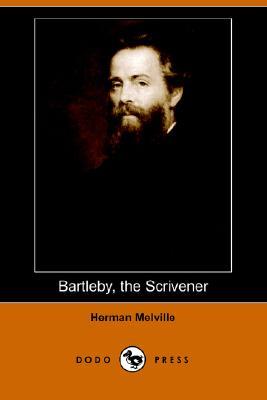Eugene Peterson is probably best known as the author of the widely popular (and, in some circles, controversial) version of the Bible called The Message. While I haven’t read much of his work, although I have read The Message some, I happened to pick up his memoir and read his introduction. In it, he referred to William Faulkner, Anne Tyler and Herman Melville. My first thought was “Ah, a religious dude who likes literature, I might have to read the rest of this.” So I did.

I enjoyed his ability to keep spiritual ideas from being simply maxims, platitudes or clichés. He covered three areas that I found most appealing as he described his journey from childhood to college and on to his vocational life as a pastor of Christ Our King Presbyterian Church in a suburb of Baltimore, Maryland.
First, his childhood in rural Montana during the depression gave his life “sacred space” in his words. His father built a log cabin in the side of a glacier several miles from their home to which his family continues to vacation even today. He describes the importance of this homeland:
But wherever I went, I always ended up here. This was the geography of my imagination: the sighting of a pygmy owl in feathered silence pouncing on a field mouse on Blacktail Mountain, the emergence through spring snow of the first avalanche lilies in Jack’s Meadow, surprising a grizzly bear, the iconic beast of these mountains, on the Garden Wall trail. Holy ground, sacred space.
Next, while he went to college and did graduate work in New York City (significantly different from Montana), he coached a church basketball team and in the process, ran into a number of artists who didn’t much care for church but hung out at his church, anyway. The idea that these artists considered their trade a vocation was a new idea for him. They would be staying along this artistic path regardless of whether they made money or not. He also noticed how they were not afraid to embrace a certain ambiguity of life – a mystery:
The artist has eyes to connect the visible and the invisible and the skill to show complete what we in our inattentive distraction see only in bits and pieces.
And finally, he takes a scene from Herman Melville’s Moby-Dick and applies it to his pastoral life. In Melvilles’ novel, when chasing a whale the ship’s crew continuously rush around grabbing the oars and working in a frenzy to get the whale in the right position. All except one: the harpooner. This person sits quietly and still among the chaos waiting for the right moment to release his weapon. Ishmael, Melville’s narrator, puts it this way:
To insure the greatest efficiency in the dart, the harpooners of this world must start to their feet out of idleness, and not out of toil.
Peterson explains his application of Melville’s idea this way:
Melville’s harpooner found company in my imagination with Jesus’ metaphor that feature the single, the small, and the quiet – salt, leaven, seed – that have effects far in excess of their appearance. Our culture publicizes the opposite: the big, the multitudinous, the noisy. Is it not, then, a strategic necessity that some of us deliberately ally ourselves with the quiet, poised harpooners, and not leap, frenzied, to the oars?
Peterson writes in a manner that feels comfortable. I got the feeling I was having coffee with him. He only briefly discusses what lead him to write The Message. He spent some of his time while a pastor as a professor, also. The pastor vocation; however, always seemed to be what he was “meant” to do. When once asked what he liked about being a pastor, his reply was “the mess”. Through the stories he retells of the people he has met and with whom he has interacted over the years, the reader understands “the mess” in a more positive light than one might first think on hearing the term.










